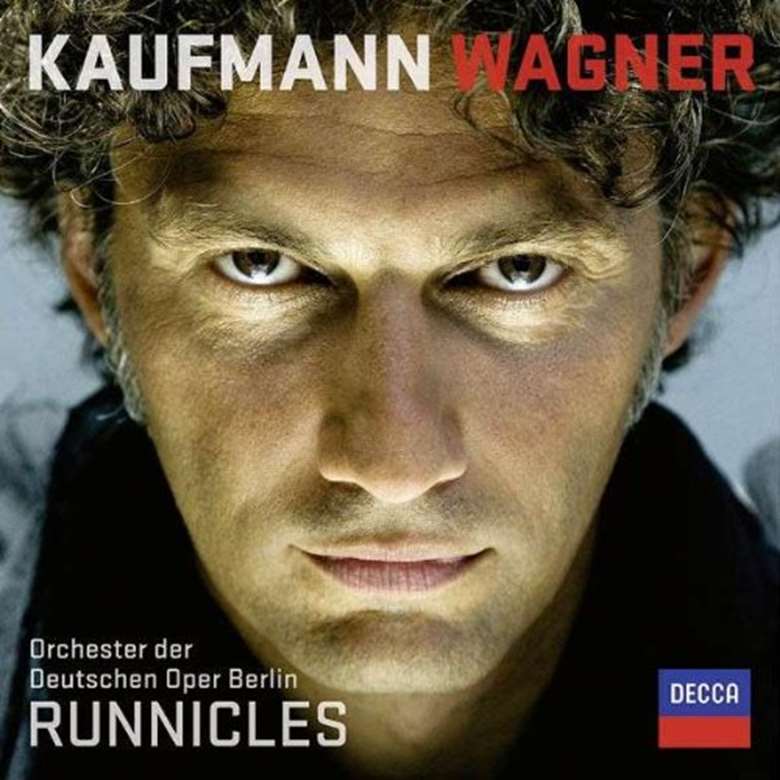Jonas Kaufmann on performing Wagner's Lohengrin
James McCarthy
Tuesday, July 30, 2013

My first encounter with Lohengrin was my Grandpa Fritz, sitting at the piano, playing the score and singing all the leading parts, from King Henry to Elsa. He was the perfect Wagnerian. He played from those old scores that were nicely decorated with stage pictures and a summary of the leitmotifs. For me as a kid this was as exciting as reading the fairy-tale books by the Grimm Brothers.
Next I listened to Lohengrin on records – my father had a big record collection – but it took several more years until I saw it at the opera house. When I finally studied the part, for the new production in Munich, I was amazed at how many parts of the music are marked piano and pianissimo – just think of the Grail Narration.
I’ve listened to several great recordings of Lohengrin and to many singers in the title-role. Wagner called Lohengrin his most Italian opera, and if you listen carefully, you can hear the beautiful melodies, the ‘Italian’ phrases, the legato lines. For me, it’s a pleasure to listen to the opera in Italian – the live recording with Renata Tebaldi, for example. Listening to other singers is always a source of inspiration, but you should never look for a role model: following in someone else’s footsteps means that you will never do it your own way. The most important advice I give to young singers is, ‘Always be true to yourself!’
The main technical challenge of singing Lohengrin is that you have to have a voice which can do justice to the very soft and lyrical parts as well as to the heroic phrases. This is why the last act is quite a challenge. When Lohengrin sings his farewell to Elsa, those lines are heartbreaking for the singer as well as for the audience, and you have to be very careful not to let yourself get carried away by the emotion. Of course, this is a love story that has no chance of a happy ending. ‘I love you, trust me, but never ask for my name!’ is basically what Lohengrin is saying – but where is the woman who could possibly live with this?
The most rewarding thing about singing Lohengrin, and Wagner’s music in general, is discovering that the required sound is not always as heavy as we have it in our minds. There are so many phrases that are of the utmost delicacy and which need the virtues of bel canto singing.
When I learned the role of Manrico in Verdi’s Il trovatore in between performances of Parsifal at the Met, I quite often had the feeling that singing Verdi was ‘the real thing’. And then, after a Parsifal performance, I’d say to René Pape: ‘Is there anything more satisfying than singing Wagner?’ Thank God I don’t have to make a choice between singing the two – I’m happy to live in both worlds and, when it comes to vocal health, I’m convinced that one benefits the other. Singing Verdi helps me to sing Wagner more beautifully, and singing Wagner gives me the best training to tackle those passages in Verdi roles that need an extra portion of stamina and vocal energy.







